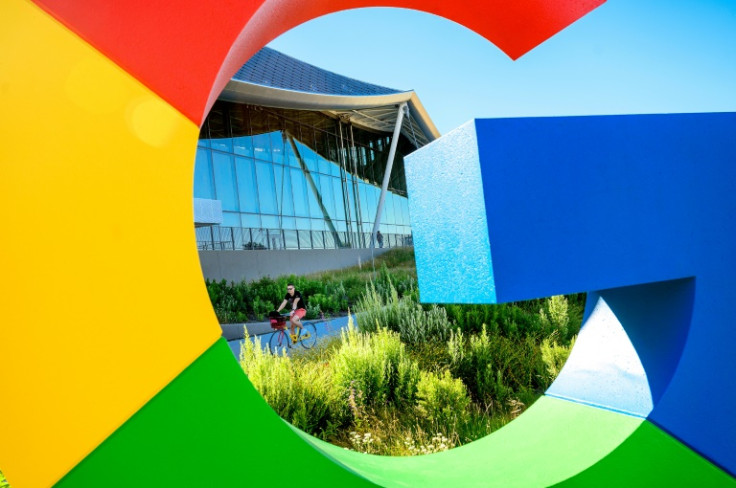Google and Microsoft Witness £130 Billion Market Cap Decline
Shares of Alphabet, the parent company of Google, experienced a six per cent decline following investor disappointment with the lacklustre advertising performance in the last quarter.

In a significant financial setback, two of the United States' technology titans, Google and Microsoft, have collectively seen a staggering £130 billion wiped off their market values.
The unexpected decline has sparked concerns among investors and industry analysts, raising questions about the resilience of these tech giants in the face of evolving market dynamics.
As of the latest financial reports, both Google's parent company, Alphabet Inc., and Microsoft Corporation experienced a notable decrease in their market capitalisation.
Shares of Alphabet, the parent company of Google, experienced a six per cent decline following investor disappointment with the lacklustre advertising performance in the last quarter.
This slump resulted in a substantial reduction of nearly £100 billion in its market value.
Concurrently, Microsoft witnessed a one per cent decrease, denting its substantial market cap by approximately £30 billion.
The decline is attributed to various factors, including regulatory scrutiny, concerns about user data privacy, and increased competition in the digital advertising space.
The tech industry, often considered a bellwether for broader economic trends, is currently navigating a complex landscape marked by global uncertainties, regulatory challenges, and shifting consumer preferences.
The decline in market value for both Google and Microsoft comes at a time when regulatory scrutiny has intensified.
Governments worldwide are scrutinising the market dominance of major tech players and examining potential antitrust violations.
Such regulatory challenges pose a risk to the growth trajectory of these companies and have led investors to reassess their positions.
Alphabet disclosed its most robust quarter of revenue growth since early 2022, reporting sales of £67.7 billion for the three months ending in December.
This figure was an impressive 13 per cent increase compared to the previous year, driven in part by the performance of its cloud computing division.
However, the realm of advertising proved to be a source of disappointment, facing intense competition from platforms like Facebook, TikTok and Amazon, against the backdrop of a challenging economic environment.
Thomas Monteiro, an analyst at Investing.com, said: "Alphabet's disappointing numbers suggest corporations worldwide are uncertain about the pace of interest rate cuts from central banks."
Steve Clayton, the head of equity funds at Hargreaves Lansdown, said: "Expectations were simply too high to match. This was always going to be one of those occasions when hope, expectations, and reality collide."
Moreover, concerns about data privacy and security have gained prominence, with consumers becoming increasingly aware of the importance of safeguarding their personal information.
Tech giants like Google, which heavily rely on user data for targeted advertising, face the challenge of balancing monetisation strategies with the imperative to protect user privacy, especially in the wake of evolving regulations.
The global economic landscape, marked by trade tensions and the lingering effects of the COVID-19 pandemic, has added another layer of complexity for tech companies.
Supply chain disruptions, semiconductor shortages, and fluctuating consumer demand contribute to an uncertain environment that affects the financial performance of industry leaders like Google and Microsoft.
In response to the market downturn, industry analysts are closely monitoring the strategies these tech giants employ to regain investor confidence and navigate the challenges ahead.
Companies may focus on innovation, diversification and strategic partnerships to weather the storm and adapt to the evolving business landscape.
Investors are also keeping a keen eye on the role of technology in shaping the future, particularly as advancements in artificial intelligence, cloud computing and other transformative technologies continue to drive industry growth.
How Google and Microsoft position themselves in this rapidly changing technological landscape will likely play a pivotal role in determining their long-term success and market standing.
As these industry giants recalibrate their strategies to address regulatory challenges, privacy concerns and economic uncertainties, the broader implications for the technology industry remain a focal point for investors, industry observers and consumers alike.
© Copyright IBTimes 2025. All rights reserved.






















